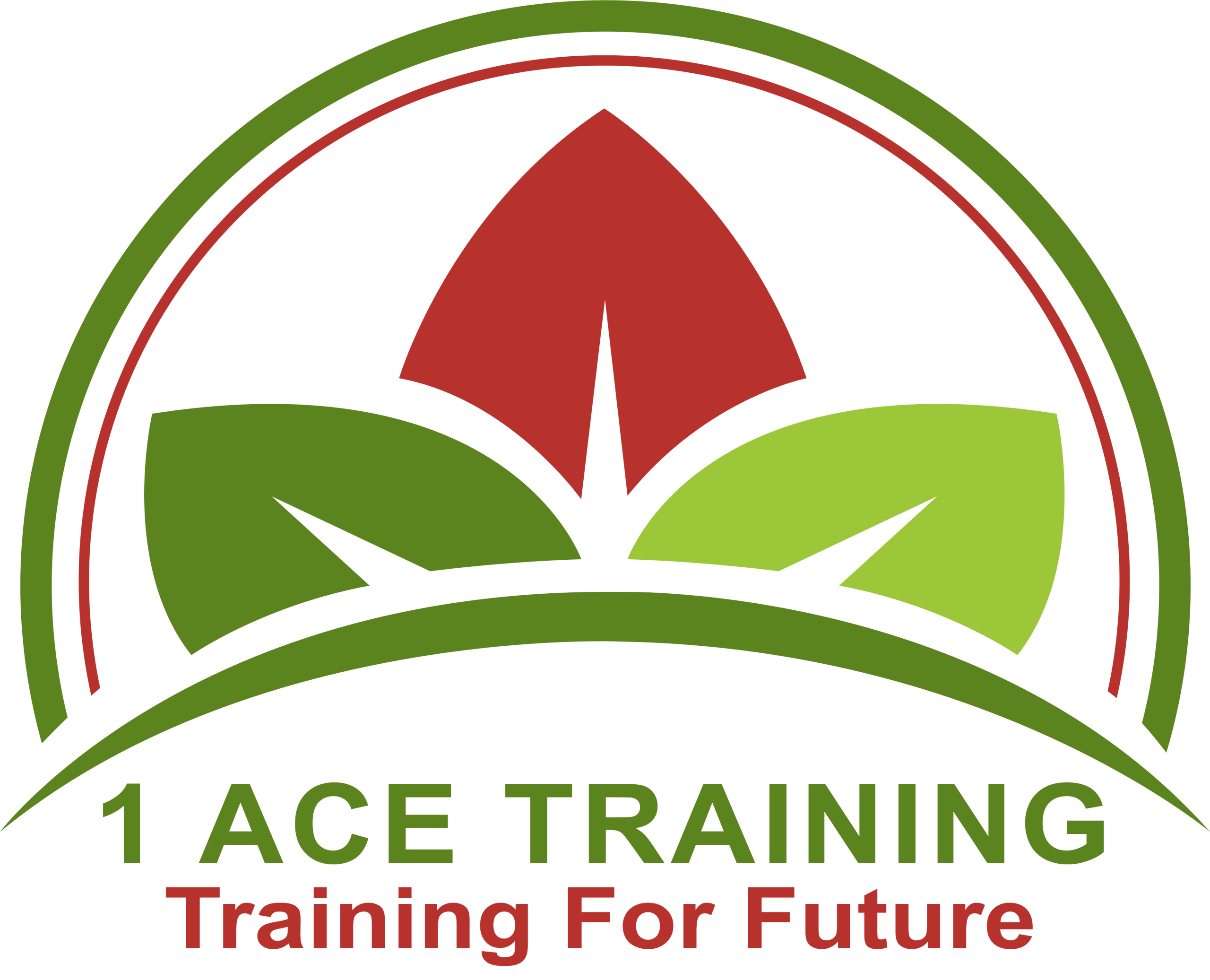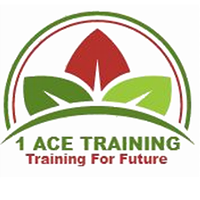Minimum total credit: 3
• Mandatory group A minimum credit: 3
• GLH: 24
• TQT: 30
Price: £199.99
Level 3 Award in Understanding the Principles and Practices of Assessment, This assessor qualifications have been designed to allow learners obtain and then demonstrate the skills and knowledge to work at a high level in assessing competence. To achieve the Level 3 Award in Understanding the Principles and Practices of Assessment learners must gain a total of 3 credits.
Overview of assessment strategy
The learner needs to demonstrate competence against all the Assessment Criteria within the Assessment. The most appropriate way of covering this is through a discussion with the Learner. BIIAB requirements for carrying out a discussion apply (see below). If you wish to use an alternative assessment methodology, this needs to be agreed with BIIAB in advance of the assessment taking place.
Summative Reflective Account
In order to claim the unit(s) for the qualification, the learner will need to complete a summative reflective account, to reflect on their qualification, what they have learnt and how they have been able to apply this within their work role.
Who is it For?
This course is for those individuals who are looking to gain a background understanding of the practices and importance of an assessment role.
Course Contents
| 1. Understand the principles and requirements of assessment | 1.1 1.2 1.31.4 | Explain the function of assessment in learning and developmentDefine the key concepts and principles of assessment
Explain the responsibilities of the assessor Identify the regulations and requirements relevant to the assessment in own area |
| 2. Understand different types of assessment method | 2.1 | Compare the strengths and limitations of a range of assessment methods with reference to the needs of individual learners |
| 3. Understand how to plan assessment
|
3.1 3.2 3.33.4
3.5 |
Summarise key factors to consider when planning assessmentEvaluate the benefits of using a holistic approach to assessment
Explain how to plan a holistic approach to assessment
Summarise the types of risks that may be involved in assessment in own area of responsibility Explain how to minimise risks through the planning process |
| 4. Understand how to involve learners and others in assessment | 4.1
4.2
4.3
4.4 |
Explain the importance of involving the learner and others in the assessment processSummarise types of information that should be made available to learners and others involved in the assessment process Explain how peer and self-assessment can be used effectively to promote learner involvement and personal responsibility in the assessment of learning
Explain how assessment arrangements can be adapted to meet the needs of individual learners |
| 5. Understand how to make assessment decisions | 5.1 | Explain how to judge whether evidence is:• sufficient
• authentic • current |
| 5.2 | Explain how to ensure that assessment decisions are:• made against specified criteria
• valid • reliable • fair |
|
| 6. Understand quality assurance of the assessment process | 6.1
6.2
6.3 |
Evaluate the importance of quality assurance in the assessment processSummarise quality assurance and standardisation procedures in
own area of practice Summarise the procedures to follow when there are disputes concerning assessment in own area of practice |
| 7. Understand how to manage information relating to assessment | 7.1
7.2 |
Explain the importance of following procedures for themanagement of information relating to assessment
Explain how feedback and questioning contribute to the assessment process |
| 8. Understand the legal and good practice requirements in relation to assessment | 8.1
8.2
8.3
8.4 |
Explain legal issues, policies and procedures relevant to assessment, including those for confidentiality, health, safety and welfareExplain the contribution that technology can make to the
assessment process Evaluate requirements for equality and diversity and, where appropriate, bilingualism in relation to assessment Explain the value of reflective practice and continuing professional development in the assessment process |
Course Assessment
Assessed by internally set and marked assessments.
How Long is the Training Course?
Minimum total credit: 3
• Mandatory group A minimum credit: 3
• GLH: 24
• TQT: 30
Listed below are the qualification units
- Unit no: A1
- Unit Title: Understanding the principles and practices of assessment
- Credit: 3
- Level: 3
- GLH: 24
Entry Requirements
This qualification is appropriate for use in the following age ranges: 18+
Entry requirements and progression
There are no entry requirements for this qualification. However, learners must be assessed to ensure they have a reasonable chance of achievement and will be able to generate the required evidence.
The qualification is designed to equip learners with the knowledge and skills to work effectively in assessing competence. It also will allow for a number of progression routes into Level 4 qualifications, to employment or into other areas of learning.
Achievement of the qualification offers opportunities for progression, including:
- Level 4 Award in Understanding the Internal Quality Assurance of Assessment Processes and Practice
- Level 4 Award in the Internal Quality Assurance of Assessment Processes and Practice
- Level 4 Certificate in Leading the Internal Quality Assurance of Assessment Processes and Practice
- Career progression.














